I stared at the ceiling, lying awake in my flimsy Ikea bed in an achromatic Danish dorm room. It was 2010. I was an exchange student, finishing my last semester of law school abroad. But I didn’t want to be a lawyer.
This was the first time I admitted to myself that I was different, and that that was okay. I didn’t have “one true calling,” and I was done trying to force myself into a box–done feeling bad about having many interests. From here on out, I was going to embrace my whole self and find a way to explore multiple subjects in and beyond my work.
I didn’t realize it at the time, but this buildup of anxiety and distress, and the calm feeling that came after naming the truth was somewhat familiar. I’d had similar sleepless and revelatory nights a few years earlier, when I was coming around to the idea that I was queer.
I’ve been thinking about this a lot lately: the similarities between the terms “multipotentialite” and “queer.” They are words I hold dear–two of the few labels I actually like and use to describe myself. Interestingly, they have a lot in common.
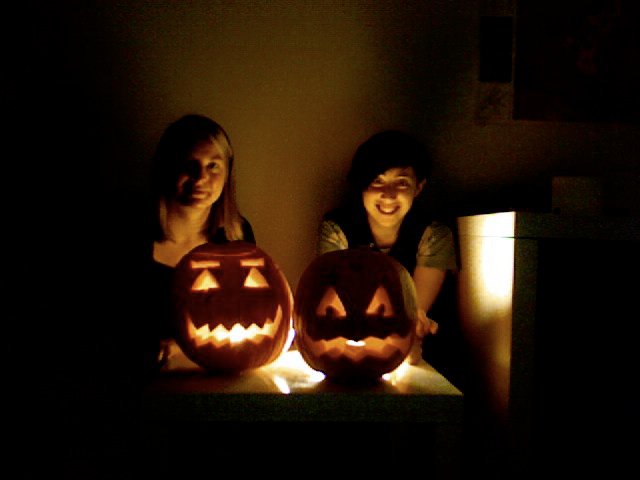
Many of us multipods go through youth and early adulthood feeling like there’s something wrong with us. We might worry that we don’t have a purpose and feel different in some fundamental way. The parallels to growing up queer are obvious. In both cases, we might feel a sense of shame or confusion, or feel like we don’t “fit,” but not understand why. Most of us, both queer folks and multipotentialites, worry at some point that we will never be happy living the life that’s expected of us.
And I think, to me, the processes of coming out as queer in my mid-twenties and then as a multipotentialite a few years later were both about reframing something that society traditionally looked down on. It was about seeing my as-yet hidden strengths, and naming them. In both contexts, I had reached a point where I was fed up of disliking myself and trying to fit myself into moulds that just weren’t right for me.
The story of the word queer, itself, is one of reclamation. Over the century, it’s transformed from a regular word, to a sometimes-slur, to a rallying cry. (The history of that evolution is complex and really fascinating. You can read more about it here.) For me, queer is a badge of….well…pride. When I hear it, I instantly feel fondness and affinity. I know this instinctive reaction signals that I am lucky. It means I live in an open, accepting culture. But my brain’s first reaction to the word queer in almost any context is: whatever we’re talking about is going to be awesome. And that’s pretty neat.
There’s another reason I love the word queer. Queer is similar to multipotentialite in that it’s a non-specific term that only tells you what I am not.
Queer doesn’t tell you who I’m attracted to, and it doesn’t describe my gender identity. It describes what I am not: a straight, cis person. It says: what I am is really my business, and also don’t try to box me in (but maybe I’ll share more info with you during a conversation, if I want to.)
Multipotentialite, similarly, only tells you that I’m not a person with a single focus in life. It doesn’t tell you what I do or what I’m passionate about. That’s for me to share, if I wish. And if the person I’m talking to knows anything about multipotentialites, they’ll hopefully understand that whatever I choose to share isn’t the totality of who I am.
(This is one of the reasons folks feel so free to talk about a particular project or career in our community forums and events. They know they’re talking to a bunch of other multipods who will naturally assume they have other interests, too. They know they won’t be pigeonholed.)
Both queer and multipotentialite identities leave room to flex and explore. They leave it up to you to be more specific, if you like, and to elaborate in a way that feels good, depending on the context.
What’s even cooler is that these identities can withstand the shifts that happen over the course of a life. Assuming they’re still how you want to identify, no new job or new romantic partner is going to take away who you are. These are spacious words, which is great because we all know how limiting labels can be.
These two identities are the ones I most closely adore and associate with. They both tell you what I am not, they don’t tell you much more, and I really, really like that. They say give me enough room, and see what I can do.
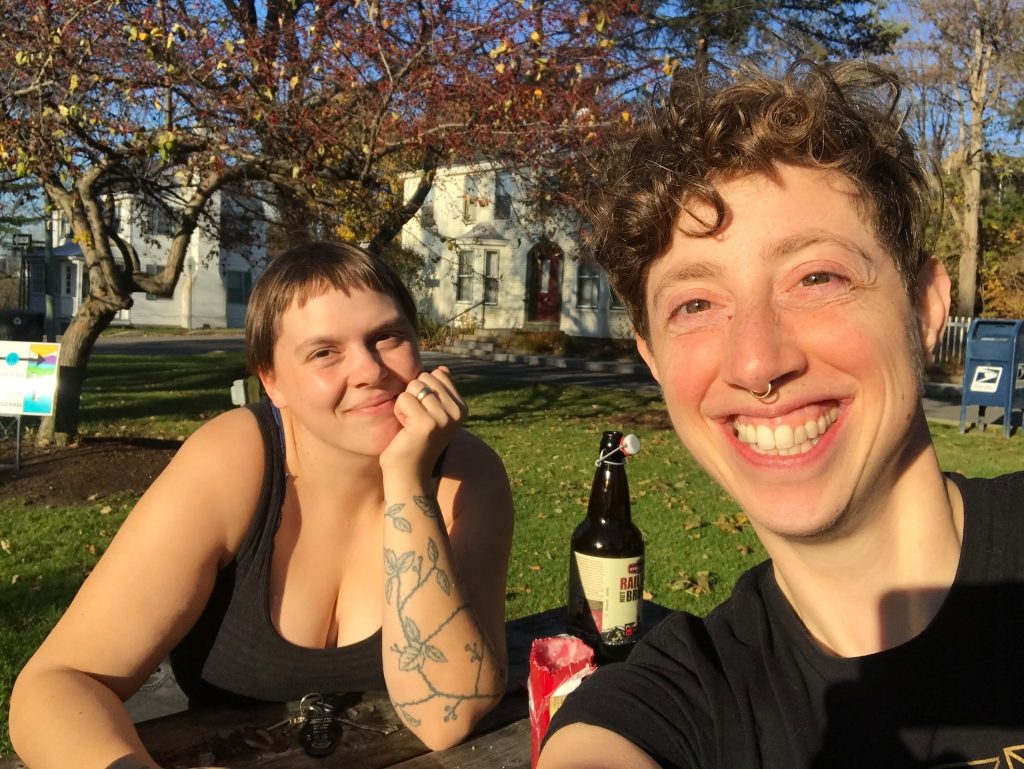
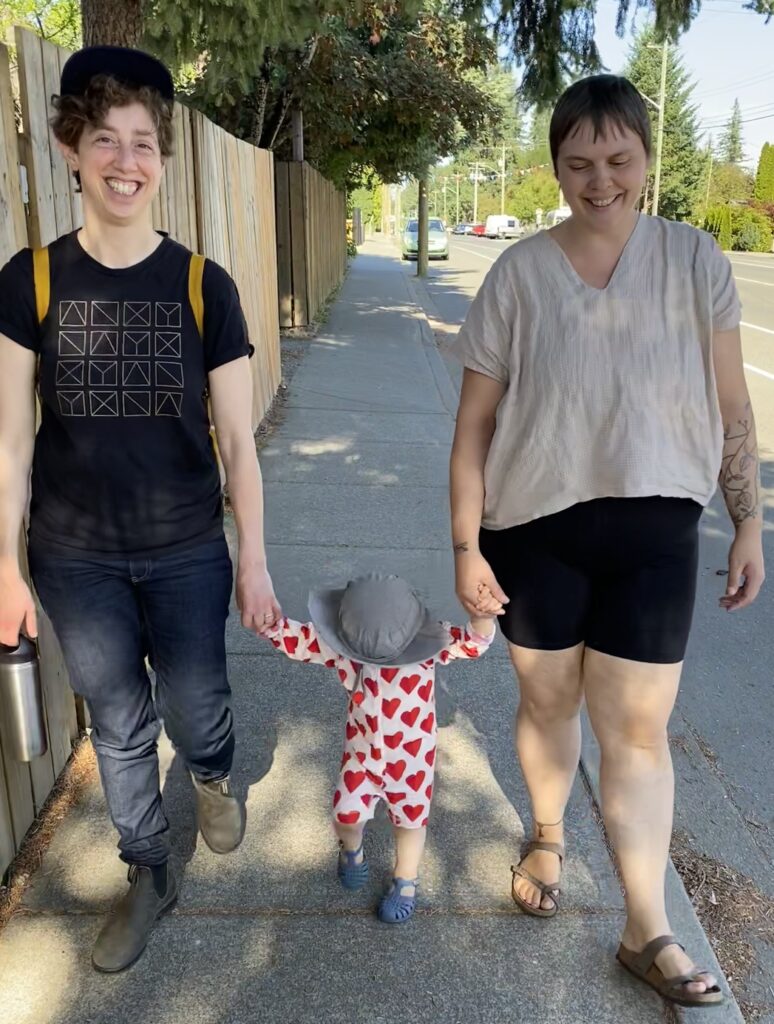
Wishing you all the space you need to grow, explore, and name what you are for yourself.
Your Turn
What labels do you like and use? Do you have any identities that are spacious and feel freeing? Let’s get a discussion going in the comments below!

Doing/being/exploring ALL THE THINGS is easier with a community!
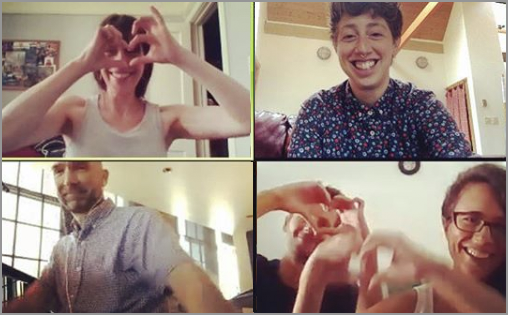
Did you know we have a private community of hundreds of multipotentialites from around the world? We support each other, share advice and cheer each other on as we building lives and career around ALL our passions.
Learn more about the Puttyverse and get notified next time we open the doors:

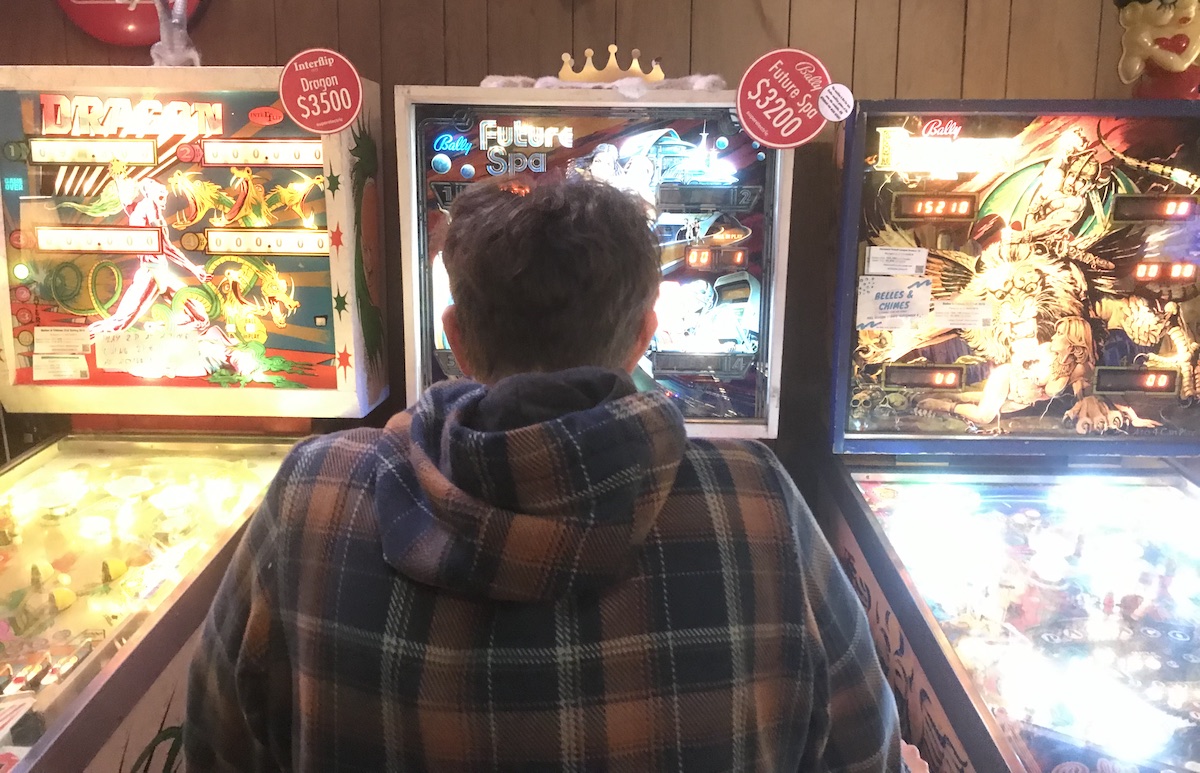
I have taken a while to come to embrace labels, I think because so often people assume things about me that aren’t necessarily true. I like to use “creative” or “a creative” to explain what I am or what I do, because it is definitely the heart of my being. I used to use “artist” but people would assume painter or sculptor and I’m not. I also shy away from labelling myself as purely “a mom” because although I love being a parent and it is my main “job” it also comes with a whole load of baggage and assumptions. I love being a multipod and have started using that a label more often too.
I hear you, Amy. There do seem to be a lot of assumptions that go along with many labels. Maybe that’s another reason multipotentialite/multipod is so nice. Nobody’s heard it before so they don’t have any preconceived notions!
A phrase I absolutely love to hear about myself is, “You’re not normal!”. My typical response is, “Thank you, I’d be offended if you thought I was”.
What is normal to one person may not be normal to another. So what is normal?
😀 Agreed.
Recently, I’ve been using the descriptor intersex woman. I have a genetic condition called Turner syndrome, one of the variations in sexual development that falls under the category intersex. After doing research the meaning of the term, I found it best describes my experience as a woman. It is freeing in that it acknowledge the reality of how my body works and gives me the space to be ok with not fitting in stereotypes.
That’s awesome, Rana. Thanks for sharing.
I have always loved the terms troubadour and polymath to describe my multipod inclinations, particularly because the first passion that I followed was studying classical/romantic voice performance. When I learned that the troubadours of the eras I was studying were often the jack-of-all-trades, I felt an affinity that hadn’t clicked before. Polymath is the one I’ve adopted more recently as my interests veered more towards STEM and education fields; it seemed an appropriate linguistic challenge for most, and the Greek roots in its etymology meaning “having learned much” just resonates to my core.
Troubadour! Nice!
Really appreciate your thoughts here.
They remind me of a song I wrote nearly a decade and a half ago: https://potluck.com/2006/11/come-out/ — in hindsight, there are some clumsy lyrics that could stand some rewriting, and certainly the recording is just a rough demo. But it gets across an idea I still value, the idea that we all may hiding things, and we all need those things to be seen.
I suspect that the problem with labels isn’t labeling itself but inaccuracy. When we can be seen authentically, and if some label resonates with our authenticity, we’re likely to be fine with such a label. For some it may be more specific, for some more general, and so be it. We each get to determine what feels authentic for ourselves, in labels and otherwise.
Like so many other things, this is all stuff I understood intellectually (and could write about, in songs and elsewhere) long before I was able to embrace it emotionally, experientially. I’m still learning the latter. These ideas — in your article, in my song, anywhere else — still feel like a challenge to me, a challenge I’m still learning to take up. But I have been progressing, and I’m not stopping, and hearing stories like yours provides real support along the path. So thank again so much for your words.
Thanks Mark!
“I suspect that the problem with labels isn’t labeling itself but inaccuracy. When we can be seen authentically, and if some label resonates with our authenticity, we’re likely to be fine with such a label. For some it may be more specific, for some more general, and so be it. We each get to determine what feels authentic for ourselves, in labels and otherwise.”
Yes, this! Authenticity is so important to me, so this makes a lot of sense.
Over the years I wonder how to label myself and if I should. I’ve had many jobs and within each of them I did many things. So how do you label yourself when you do multiple jobs within a job. I did not realize it but I’ve been a multipotentialitie since 1972. I had multiple interest in many different areas of learning.
I can so identify. I absolutely hate the question “what do you do” because the answer is really long and involved!
“Multipotentialite since 1972” sounds like something you should have on your business card. Love it. 🙂
I like the term “atypical.”
I’m neuroatypical. I’m gender-atypical. I’m career-atypical.
I feel similarly about “divergent.” Neurodivergent. Gender divergent. Interest divergent.
Whenever they’re added to some other word, they just seem to mean, “My experience of this is more complex than you might be expecting.”
I like those words, too! Thanks for sharing, Link.
I like to hear when people say in a kind of admiring way „you are crazy“.
Most often I am happy to hear that, because I never wanted to live a boring life! So being crazy isn’t boring at all.
I get that too….actually my sister and i who live together get called the crazy sisters. I dont think we are crazy at all but we are creative, artistic, introspective, curious and not mainstream so mutlipotentialite reasonas for me. Crazy makes me feel it’s a negative till I question it and they mean it in a positive way…they just didn’t use the words I resonate with.
Thank you for sharing, now I can get comfortable with the crazy “label” and accept it with pride as I would t want to be “normal” 🙂
Hola!. Disculpen que les escriba en español, pero los idiomas no es uno de mis potenciales.
Me identifico mucho con este articulo porque estaba en 3 año de Química y de repente sabia que ya no era feliz ahí, algo dentro me dijo -busca algo más. Realice la paralela en Ecología y en el ultimo semestre no quise ser ni ecologo ni químico.
Simplemente creo que no quiero ser solo un titulo, por capricho dirían algunos, nunca fui buena para seguir normas sociales. Aprendí carpintería, joyería y programación aunque es “para hombres”, fui a Taichi aunque es para “abuelos” y me gusta jugar en el PlayStation aunque “es para niños”.
No me molestan las etiquetas , me molesta que te obliguen a tener una de acuerdo a criterios cerrados de la sociedad. Creo que a algunos les gustan las etiquetas porque les hace sentir parte de algo y ya no se sienten solos. Yo nunca me he sentido sola, diferente si pero nunca sola y veo las etiquetas como innecesarias.
Thanks for your comment, Patricia. I think I understood most of it with the help of Google translate. 🙂 You’re right, it’s the assumptions other people make that are the problem. And if you can pursue your passions without concerning yourself with what others think, then who cares how people label you.
Yes!!! When your self belief and strength come from within it matters not what the world says. You know who you are and that allows you the freedom to choose what you do 🙂